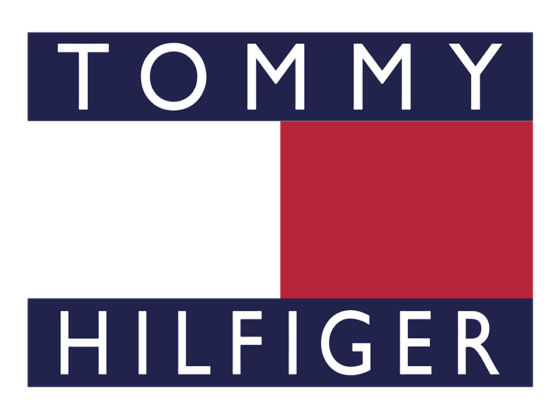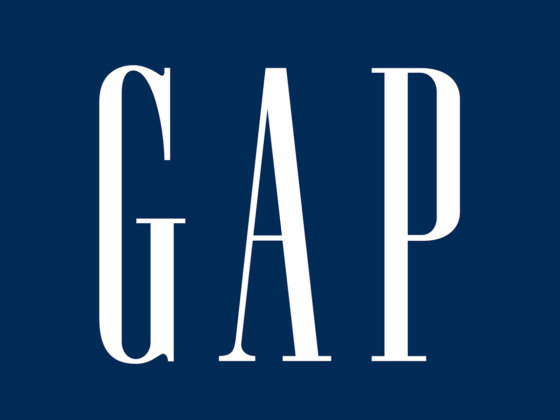The US Recording Industry Association was founded in 1952. Initially, she was engaged only in the standardization of recording and playing music (in those years, gramophone records were also used for this). Over time, responsibilities RIAA expanded: it becomes responsible for the standardization of other types of media (cassettes, laser discs, digital media), as well as for the licensing and certification of music products.
One of the main activities of the association can be considered the fight against the illegal distribution of music. For a long time, the fight against piracy was based on a simple but very effective method - just huge fines: for each illegally downloaded song - about $ 800; for posting it on the Web - 150 thousand (!). Lawsuits followed one after another (their number has long ago exceeded 30 thousand), which RIAA began to present it to users who were somehow caught downloading illegal audio content.
In 1998, a trial took place in which RIAA demanded to ban the sale of the MP-3 player Diamond Multimedia Rio PMP300, and indeed, this class of devices, as such. It came almost to attempts to outlaw the MP-3 format. Fortunately, the association's demands were not met.
It came to oddities: in one case, the loser (a simple employee), who was awarded a fine of 2.2 million dollars, was “forgiven” by the association (fine reduced to 30 thousand dollars, a year of corrective labor and two months of house arrest do not count), on the condition that he not only does not even look in the direction of pirated files anymore, but also actively campaigns for an “anti-piracy lifestyle” among friends, acquaintances and random strangers.
 |
| Call to boycott the RIAA |
Such behavior could not but cause protest among the population. On the RIAA retaliatory lawsuits have been pouring in, in which the association is accused of invasion of privacy and even outright extortion. Outraged articles begin to appear on the Internet, as well as entire sites calling for a boycott. RIAA. Many musicians and bands begin to doubt the necessity of the association, the very name of which causes so many negative emotions. Many are of the opinion that RIAA protects only the rights of recording studios. For example, in the summer of 2009, musician Richard Melville Hall (Moby) proposed to disband the association. According to Richard, the technique of intimidating and punishing music lovers for wanting to listen to music is far from the best method of struggle.
The biggest public outrage is the fact that the victims RIAA there were people unable to fend for themselves - this is a disabled girl and a mother raising several children alone, and many others, far from the most wealthy people. But in most cases, there was no direct evidence that they downloaded or distributed pirated compositions. Sometimes people who are poorly versed in computers, not to mention file-sharing networks, suffered. However, one should not think that RIAA fought only against civilians. Lawsuits have been awarded to many file-sharing networks. Well, then when it’s like - sometimes the victory was on the side of the pirates, sometimes on the side RIAA.
The association was also distinguished by the fact that it proposed to pass a law obliging computer owners to install special software that controls all actions that are performed on audio files, as well as constantly scanning storage media for pirated files. Covert implementation of these programs was also considered. Do I need to say what a wave of indignation this proposal caused?
The middle of 2009 was marked by the fact that RIAA finally admitted that the DRM technology, through which music files were protected from copying, was already hopelessly outdated. The reason for this recognition was the huge popularity of online stores selling files devoid of this protection (for example iTunes Store, Amazon, Napster and many others). In the case of using DRM, there were too many problems - for example, some portable devices refused to play such files, since they did not support this technology. An attempt to find songs devoid of DRM could lead to accusations of piracy.
In the future, the RIAA was nevertheless forced to abandon the practice of lawsuits and simply start sending letters of warning. Order million a year. But this is not a very effective method of combating pirates, since only government agencies respond to these warnings.










